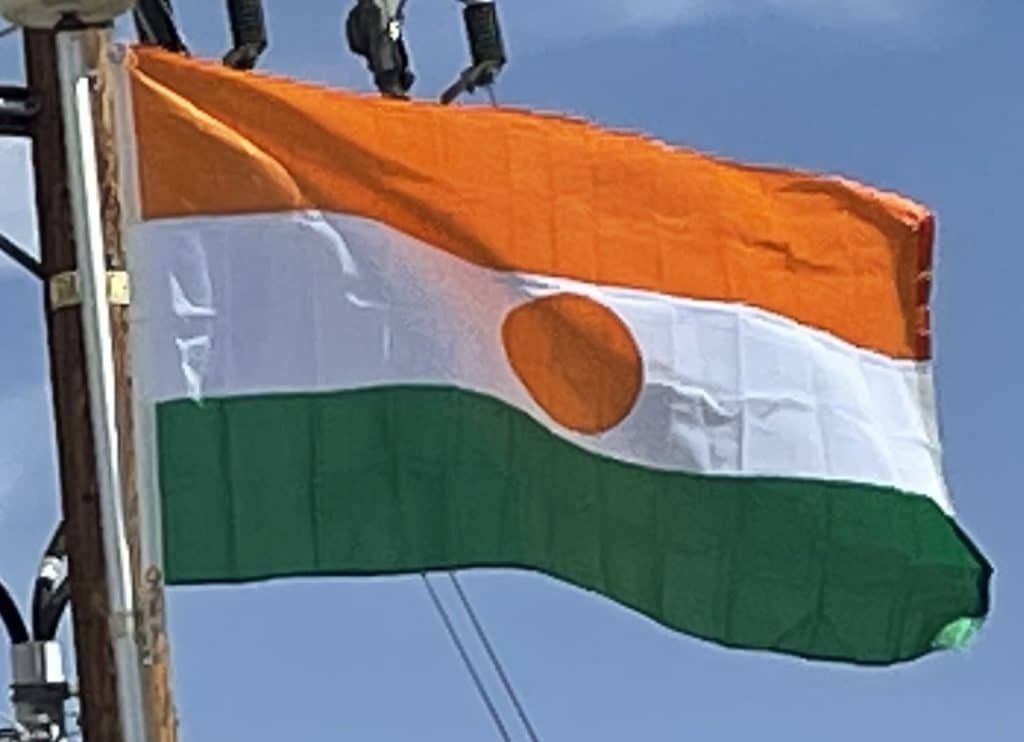Following World War II Niger began the process of achieving independence. It was during this period that the Nigerien Progressive Party was formed under the leadership of former teacher Hamani Diori.
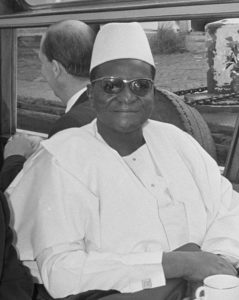
In 1958, Niger became an autonomous state within the French Community. On 18 December 1958, an autonomous Republic of Niger was officially created under the leadership of Hamani Diori. On 11 July 1960, Niger decided to leave the French Community and acquired full independence on 3 August 1960; Diori thus became the first president of the country.
Independent Niger (1960–present):
For its first 14 years as an independent state Niger was run by a single-party civilian regime under the presidency of Hamani Diori. The 1960s were largely peaceful, and saw a large expansion of the education system and some limited economic development and industrialization. Links with France remained deep, with Diori allowing the development of French-led uranium mining in Arlit and supporting France in the Algerian War. In the early 1970s, a combination of economic difficulties, devastating droughts and accusations of rampant corruption and mismanagement of food supplies resulted in a coup d’état that overthrew the Diori regime.
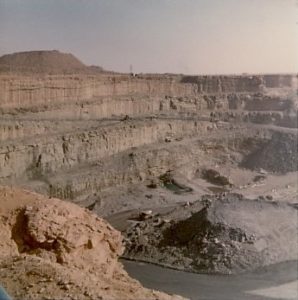
Decades of instability and successive military regimes would follow the 1974 coup. Between 1974 and 2010 Niger endured four military regimes interspersed with civilian rule that resulted in seven republics and five variations on the Constitution. Details regarding this period are available elsewhere.
Following the adoption of a new constitution in 2010 and presidential elections a year later, Mahamadou Issoufou was elected as the first president of the Seventh Republic; he was then re-elected in 2016.
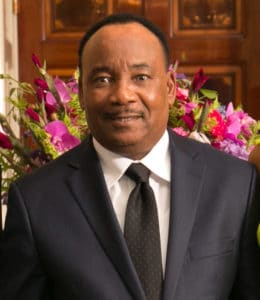
Issoufou’s time in office has been marked by numerous threats to the country’s security, stemming from the fallout from the Libyan Civil War and Northern Mali conflict, a rise in attacks by AQIM, the use of Niger as a transit country for migrants (often organized by criminal gangs), and the spillover of Nigeria’s Boko Haram insurgency into south-eastern Niger. French and American forces are currently assisting Niger in countering these threats.
On 27 December 2020, Nigeriens went to the polls after Issoufou announced he would step down, paving the way to Niger’s first ever peaceful transition of power. However, no candidate won an absolute majority in the vote: Mohamed Bazoum came closest with 39.33%.
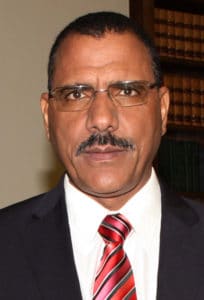
As per the constitution, a run-off election was held on 20 February 2021, with Bazoum taking 55.75% of the vote and opposition candidate (and former President) Mahamane Ousmane taking 44.25%, according to the electoral commission.[86]
Geography:
Niger is a landlocked nation in West Africa located along the border between the Sahara and Sub-Saharan regions. It borders Nigeria and Benin to the south, Burkina Faso and Mali to the west, Algeria and Libya to the north and Chad to the east.
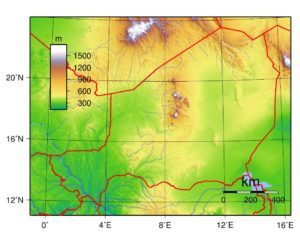
Niger’s area is 1,267,000 square kilometers (489,191 sq mi) of which 300 square kilometers (116 sq mi) is water. This makes it slightly less than twice the size of France, and the world’s twenty-second largest country.
